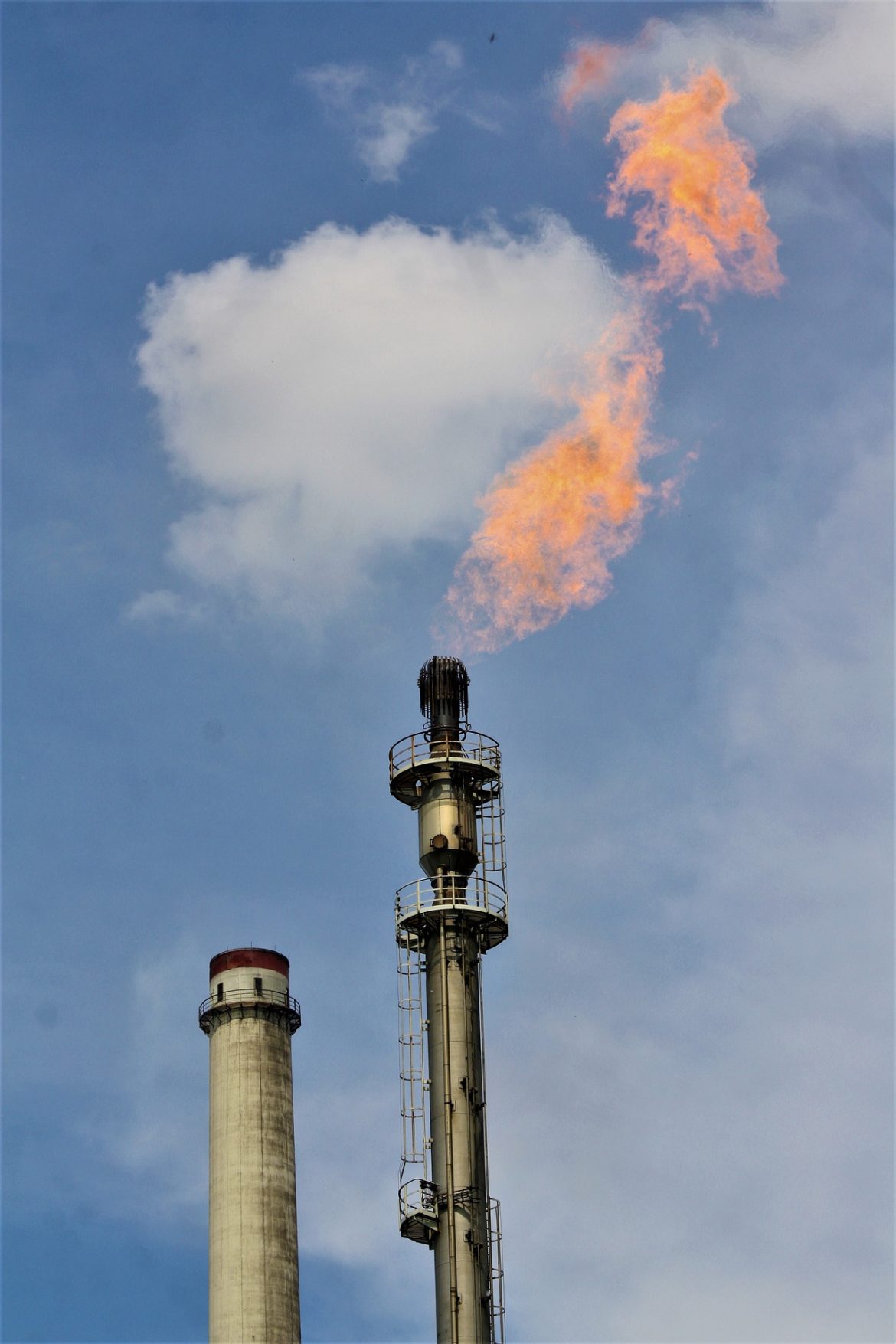Nigeria’s Upstream Petroleum Regulatory Commission (NUPRC) recently celebrated the selection of 42 domestic oil and gas firms in a landmark step towards environmental responsibility and sustainability. These companies, winners in the 2022 Nigerian Gas Flare Commercialization Programme (NGFCP), are charged with managing 49 flare sites, marking a critical move in Nigeria’s journey in hydrocarbon management.
According to a report by The Guardian, the commission allocated 40 flare sites to 38 companies for independent development, while four firms received nine sites for clustered development. This strategic assignment underscores the Nigerian government’s commitment to eradicating routine gas flaring by 2035 and achieving net-zero emissions by 2060, crucial for environmental preservation, particularly in the Niger Delta.
This initiative by President Muhammadu Buhari’s administration saw 226 companies vying for this opportunity before the unexpected halt due to the 2020 COVID-19 outbreak. The resumption and subsequent selection process signal progressive strides in mitigating the longstanding environmental degradation synonymous with gas flaring.
Historically, the Niger Delta has borne the brunt of environmental neglect, with its ecosystem ravaged by the consequences of gas flaring and resultant oil spills. Comprehensive research reveals that the continuous release of greenhouse gases significantly impairs biodiversity and compromises residents’ health.
The detrimental impact of gas flaring extends beyond environmental degradation, affecting human health. Communities in proximity to these sites report increased respiratory ailments, cardiovascular diseases, and other health complications. Therefore, the NUPRC’s decision to entrust 42 indigenous companies with the restoration of these sites is both commendable and critical for health and environmental recovery.
Global standards mandate stringent regulations on gas flaring, and compliance is non-negotiable. By selecting capable companies, Nigeria ensures adherence to these norms, averting legal repercussions and fostering healthier communities. This initiative is pivotal for reducing greenhouse gas emissions, addressing historical environmental injustices, and crafting a sustainable legacy.
However, pertinent questions hover over the capabilities of the chosen firms. Their technical expertise, capacity for innovation, integrity, and community engagement strategies are vital for the holistic addressal of gas flaring repercussions. Their role is not limited to environmental restoration but extends to preventing potential hazards associated with neglected gas flare sites, such as fires that endanger infrastructure, agriculture, and human lives.
Moreover, the Nigerian government stands on the cusp of economic advancement by converting this environmental challenge into an asset. Investing in sophisticated technology to capture flared gas opens avenues for its use in power generation, industrial applications, or export as liquefied natural gas (LNG), mirroring successful strategies in other nations.
The persistent electricity instability plaguing Nigeria underscores the urgency for alternative energy sources. Redirecting gas from flaring sites for electricity could revitalize the industry and domestic life, diminish energy costs, and reduce fossil fuel dependence. This strategy could also alleviate the soaring unemployment rates in Niger Delta communities by engaging local youth in meaningful employment opportunities.
Despite these prospects, tangible action beyond governmental promises remains paramount. Rigorous regulatory frameworks, significant financial penalties for non-compliance, and gas capture and utilization incentives are fundamental. The government’s role in enforcing corporate social responsibility among oil firms, particularly regarding environmental stewardship, is indispensable.
Embracing advanced technologies for capturing and repurposing flare gas is crucial, bolstered by a high-level political commitment to combat industry corruption. Protective measures for whistleblowers and independent bodies for corruption oversight in the oil sector are essential for transparent, accountable progress.
The call to action is clear: healing the environment is an immediate priority to secure a sustainable future for Nigeria.



